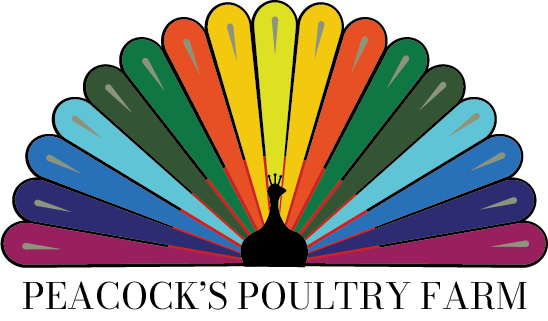Our Peacock Poultry Farm team takes the utmost care to ensure that all our products are processed, packaged and stored before you make your purchase. That means you’re getting not only the freshest but also the safest meats, poultry and fish available for your family.
Unfortunately, many cases of food borne illness occur each year due to improper handling of food once it arrives in the home. The harmful bacteria that cause most of the problem cannot be seen, smelled or tasted. here are some helpful – but often overlooked – rules developed by the Food Market Institute and posted on their website (www.fightbac.org) :
– Keep EVERYTHING clean. Hands, utensils, counters cutting boards and sinks.
– Always wash hands and equipment thoroughly with soap and hot water BEFORE preparing foods and AFTER handling raw meat, poultry and seafood.
– Don’t let juices from raw meats, poultry or seafood touch ready-to-eat foods during shopping, while in the refrigerator or during preparation.
– Always put cooked food on a clean plate that did not previously hold raw meat, poultry or seafood.
– Cutting boards can be a source of bacterial contamination, so it’s a good idea to use different boards for raw meat and poultry, produce and ready-to-eat foods. Remember, make sure they are thoroughly cleaned before AND after each use.
– Cook foods to proper temperatures to kill bacteria.
– Use a clean food thermometer to make sure foods reach proper internal temperatures.
– – – – –
This month’s “Facts from the Farm” …
- Turkeys are the only breed of poultry native to the Western Hemisphere
- A chicken can run about nine miles per hour; a human can usually manage 12-15 mph
- Because a cow has no upper front teeth she doesn’t bite grass … she curls her tongue around it to eat
- Lamb has the lowest cholesterol of all red meats
- Crabs communicate by drumming their claws or waving their pincers.
